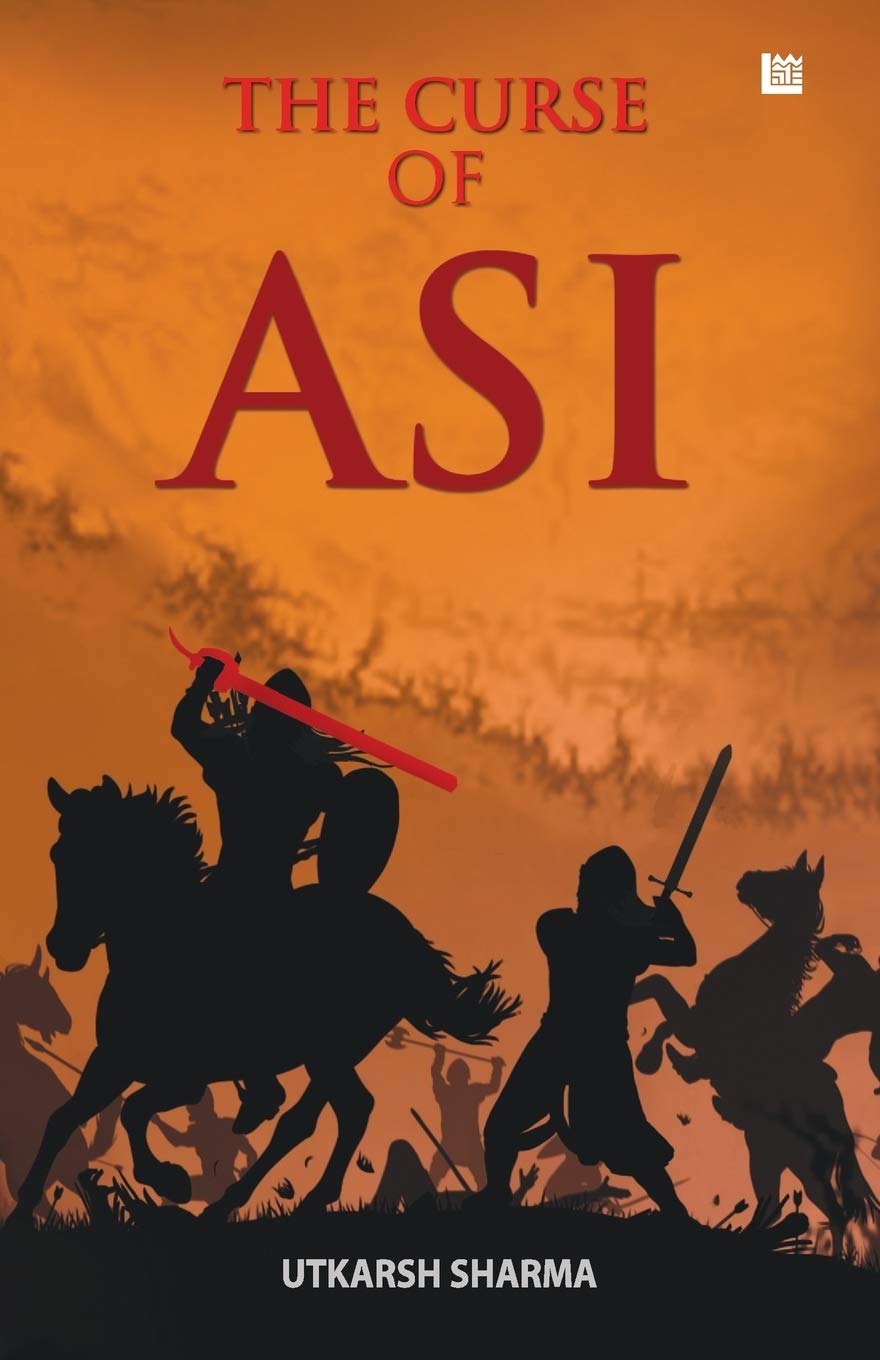 Utkarsh Sharma is a software engineer working in a multinational professional services company based in Mumbai. He has also worked as a guitar instructor.
Utkarsh Sharma is a software engineer working in a multinational professional services company based in Mumbai. He has also worked as a guitar instructor.
Fascinated by stories and music, he shuffles his time between reading and strumming chords on his Hofner and Cort guitars. At least once a year, he goes on a solo adventure across the country.
Apart from fiction, he often finds mental repose in reading and writing poetry and has a blog where he expresses his thoughts in the form of verses. His blog is https://poemsandfiction.blogspot.com/
The author resides with his family in Navi Mumbai. ‘The Curse of Asi’ is his debut novel published by Leadstart publishing.
TBE: What brought about the idea for The Curse of Asi? Can you share with us something about the book that isn’t in the blurb?
Utkarsh Sharma: I have been fascinated with the stories of Mahabharata for as long as I can remember. Some stories are well known while some aren’t much talked about. The story of ‘Asi’ being one of them. Also, history, especially Indian history, has been a source of amazement for me since my school days. From Ashoka to Prithvi Raj Chauhan, Lodhi dynasty to Mughal, Indian history has been vast and eventful. I wanted to do a mix of both. And hence, I took inspiration and a piece from Mahabharata and wrote an Indian Historical Fiction around it, that being ‘The Curse of Asi’.
TBE: What was your writing process for this book?
Utkarsh Sharma: Writing this book took some deep research. And inventing a new language, ‘Akhzariyan’, took some effort too. So, I just tried to be thorough with the research and consistent with writing.
TBE: How long did it take you to write this book?
Utkarsh Sharma: It took me about 6 to 7 months to complete the first draft of the book. The book panned out to be 115,000 words long and 341 pages thick. I lacked consistency a couple of times in those 6 months, but I reckon it all came out quite well.
TBE: According to you What Is Mythology? And why is it important in shaping the society of the world today or in the future?
Utkarsh Sharma: Mythology comes at cross between tales which are either considered folklore or are extremely sacred. Either way, most of the stories which they have to offer are always eventually positive. Through the generations of passing down, these stories have some refined elements and morals which every human, irrespective of being a believer or not, shall try to find or have within.
TBE: What bodies of myths from other ancient cultures would be important for people (both young and old) to become familiar with?
Utkarsh Sharma: I have been an admirer of mythologies because of the stories they have to offer. From the tales of strength and valor of the Roman god of Gods, Jupiter to the rivalry of the Greek trinity Zeus, Poseidon and Hades. From Izanagi and Izanami of Japan to Odin and Loki of Norse. The tales the mythologies have to offer are usually intriguing and almost full of positivity and morale.
TBE: Do you think, for both children and adults, understanding the mythology associated with one’s culture is important? Why?
Utkarsh Sharma: I believe it is primarily important for everyone to read and understand the mythology associated with their respective culture associated with their upbringing. But one should not stop there. The more you read, the better you understand the good and evil, right and wrong. The more you read about your own and other cultures’ mythologies, you’ll develop a better sense of humanity and empathy.
Utkarsh Sharma: What are the main tenets where myths overlap modern scientific findings?
Utkarsh Sharma: This is a very interesting topic of discussion and I believe quite debatable too, considering that many people believe that the old times lacked modern scientific findings. One can never be certain whether the old times, the historical times of the myths, lacked any modern amenities. They may as well be more advanced than we think them to be. Yes, the myths usually have a magical touch to their stories, but to disdain them entirely will be a mistake. Some people will agree to this and some won’t. Didn’t Oppenheimer quote a line from Gita after witnessing the first detonation of a nuclear bomb?
TBE: What do you hope your readers take away from this book?
Utkarsh Sharma: I hope the readers of ‘The Curse of Asi’ take away the positive note of empathy and the message of good prevailing over evil from this book.




